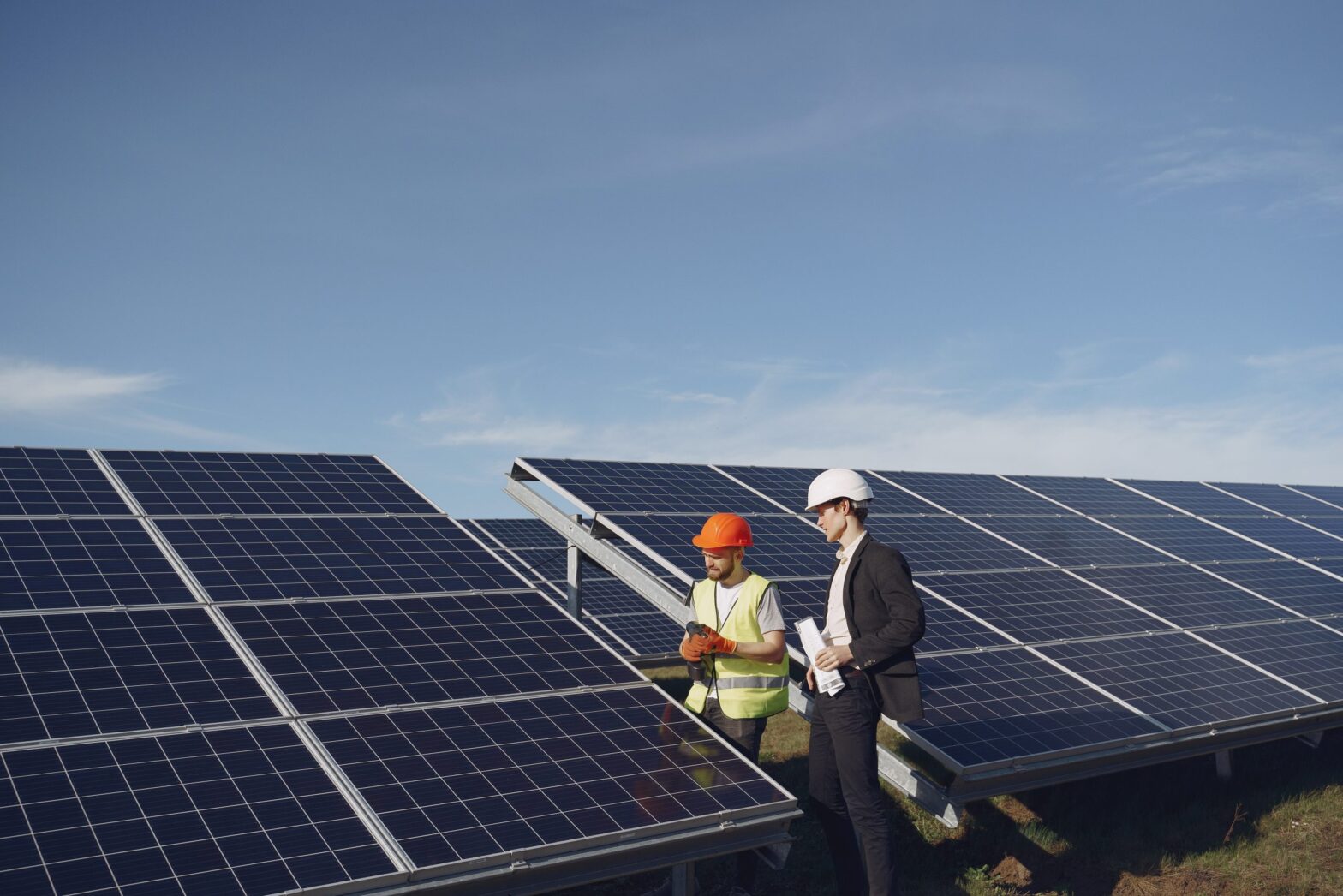Germany is recording a significant increase in the acceptance of Solar panels for the balconyknown locally as Balcony power plants. These compact photovoltaic systems enable residents, including apartment dwellers, to generate electricity by installing solar modules on balconies or terraces. This trend is driven by the desire to reduce electricity bills and contribute to environmental sustainability. However, the German solar industry as a whole is facing challenges due to falling demand and increasing competition.
The rise of balcony solar panels
Increasing popularity
As of October 2024, over 700,000 balcony solar systems were installed across Germany, with half of these installations occurring in 2023.
Wikipedia
This increase is attributed to several factors:
- Cost savings: A typical 800 watt balcony solar system can generate around 552 kilowatt hours annually, resulting in savings of around 160 euros per year. With installation costs between 400 and 700 euros, homeowners can recoup their investment within three to four years.
Picture - Regulatory support: In July 2024, the Bundestag passed changes to the law that allow apartment owners and tenants to install solar systems on their balconies. This change in the law prohibits landlords and homeowners' associations from blocking these systems without specific justification, allowing for increased use of solar energy.
Reuters - Environmental Impact: Residents are motivated by the opportunity to contribute to climate protection by generating renewable energy, reducing dependence on fossil fuels and reducing carbon footprint.
Installation and accessibility
Balcony solar panels are designed for easy installation, making them accessible to a wide range of residents:
- Plug and play systems: These systems plug directly into standard electrical outlets, simplifying the setup process. They are often mounted on balcony railings, terraces or external walls with sufficient sunlight.
- Affordability: The costs of these systems have fallen and are between 400 and 1,000 euros, depending on capacity and equipment. Some regions offer subsidies to further reduce acquisition costs.
I am an expat - Regulatory simplifications: Recent legislative changes have reduced bureaucratic hurdles and enabled easier registration and installation processes. Systems up to 800 watts can now be connected directly to household sockets and only require registration with the Federal Network Agency.
QUADEL
Challenges in the broader solar industry
Despite the success of balcony solar modules, the German solar industry as a whole faces major challenges:
- Falling demand: The residential solar panel sector experienced a decline in consumer demand, resulting in numerous bankruptcies and layoffs among companies that distribute and install rooftop panels.
Financial Times - Market saturation and competition: The influx of cheap Chinese panels has increased competition and hurt the profitability of European manufacturers. This has led to a market decline and financial difficulties in the industry.
- Economic factors: High interest rates and economic uncertainty have further dampened consumer investment in larger solar installations and impacted the industry's growth trajectory.
Future outlook
While the solar industry as a whole faces obstacles, the popularity of balcony solar panels suggests a shift toward decentralized and consumer-focused renewable energy solutions. This trend reflects a growing public commitment to sustainability and energy independence.
Important considerations for consumers
- Energy savings: By installing balcony solar panels, households can save an average of €228 per year, depending on individual consumption and system capacity.
I am an expat - Installation locations: Suitable locations are well-lit balconies, terraces, garage roofs or house facades with sufficient sunlight.
- Regulatory Compliance: Consumers should ensure that their systems comply with local regulations, including required registrations and compliance with safety standards.
Diploma
The introduction of balcony solar panels in Germany demonstrates a proactive approach to personal energy production and environmental responsibility. While the solar industry as a whole grapples with economic and competitive challenges, the rise of these small systems underscores a consumer-focused movement toward sustainable living. As technological advances and regulatory frameworks adapt, balcony solar panels could become an increasingly common part of urban landscapes and contribute to Germany's renewable energy goals.
Further information about balcony solar systems can be found in Wikipedia article about balcony solar energy.
Jonas Muthoni is an entrepreneur and expert in renewable energies. He is Editor-in-Chief of MicroGridMedia.com, a news portal dedicated to providing the latest news and information about solar energy and other renewable energy sources. Jonas is passionate about promoting sustainable energy solutions and educating the public about the benefits of renewable energy. He regularly speaks at industry events and conferences and is committed to driving the transition to a cleaner and more sustainable energy future.
